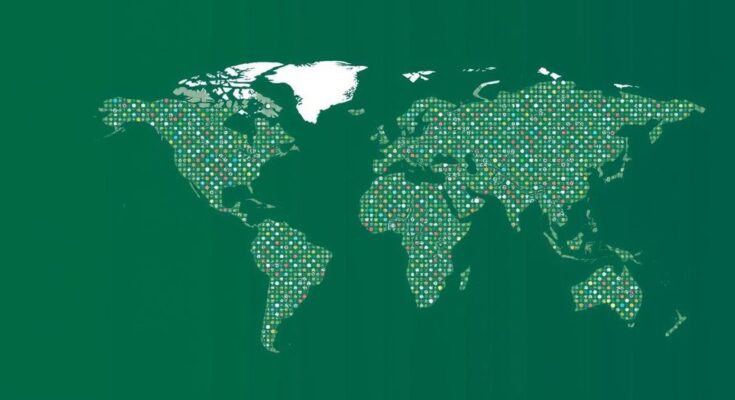India has rejected a $300 billion climate finance proposal at COP29, calling it insufficient compared to the $1.3 trillion needed by the Global South. Concerns over the lack of inclusivity and respect for developing nations’ positions were raised by India’s negotiator, Chandni Raina, echoing widespread discontent among other nations like Nigeria and Malawi. The rejection signals the ongoing struggle for adequate support in climate negotiations.
India has firmly rejected the proposed $300 billion annual climate finance package for the Global South at the recent UN climate conference, deeming it “too little and too distant.” This figure falls significantly short of the $1.3 trillion that developing nations have been advocating for during the last three years of climate negotiations. Chandni Raina, an Adviser from the Department of Economic Affairs, voiced India’s disappointment over not being permitted to express concerns prior to the package’s adoption, stating that such actions erode trust in the negotiating process.
Raina further criticized the $300 billion proposal for lacking alignment with the priorities of developing nations and for contradicting the principle of Common but Differentiated Responsibilities (CBDR). She articulated that this proposal undermines the efforts of developing countries to cope with the adverse effects of climate change. The Indian delegation’s position garnered support from Nigeria, which labelled the proposed financial support as a “joke,” as well as from Malawi and Bolivia, who shared similar grievances.
As Raina highlighted, developing countries are disproportionately affected by climate change and are compelled to pursue low-carbon pathways at the expense of their economic growth. She also pointed to unilateral measures imposed by developed nations, such as the Carbon Border Adjustment Mechanism, which presents additional challenges for these nations.
The $300 billion climate finance initiative, termed the New Collective Quantified Goal (NCQG), replaces the previous commitment of $100 billion made in 2009. Despite prolonged negotiations, the proposal remains firmly contested, with Raina stating, “India does not accept the goal proposal in its present form.” She argued that the current framework could impede the ability of developing countries to adapt to climate change and achieve their climate objectives while fostering economic growth.
The context of this article revolves around the negotiations at the latest UN climate conference, where climate finance is a critical point of discussion particularly for the Global South. With ongoing climate change adversely impacting developing nations, calls for increased financial support have escalated. The proposal for a $300 billion annual climate finance package has been met with skepticism and disapproval, especially as it is significantly lower than the $1.3 trillion requested collectively by these countries amid a backdrop of ineffective previous agreements. The underlying principles of equity and shared responsibility in addressing climate change are central to the negotiations.
In summary, India’s rejection of the $300 billion climate finance package underscores a broader dissatisfaction among developing nations regarding the adequacy of financial support in addressing climate change. The push for greater commitments is evident, with prominent voices in the Global South advocating for substantial financial backing that meets their needs and reflects the principles of equity. As negotiations continue, the significance of inclusivity and accountability in climate financing remains a pivotal concern for affected nations.
Original Source: swarajyamag.com




